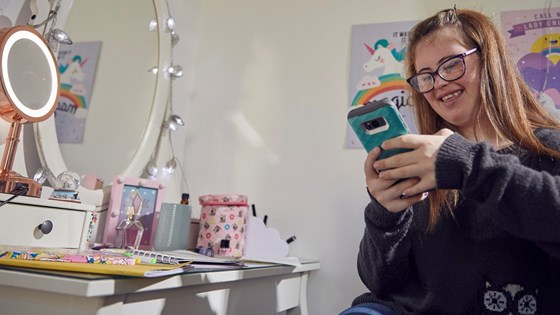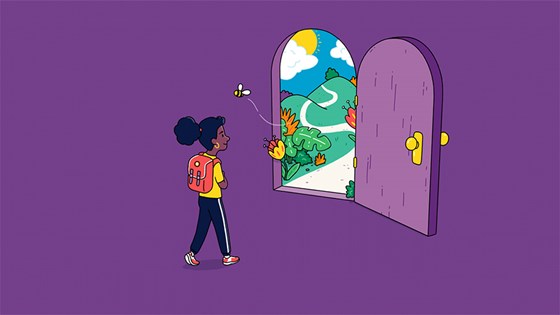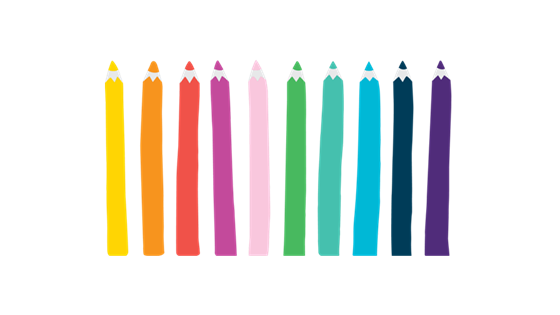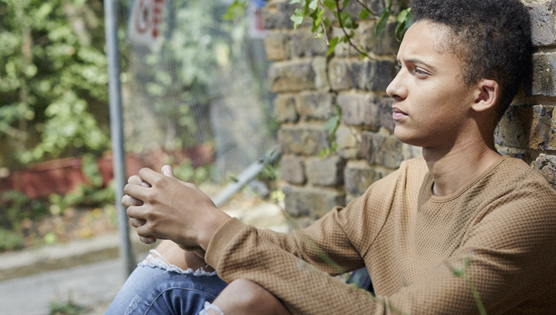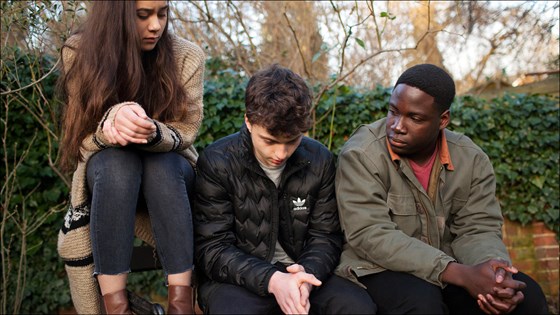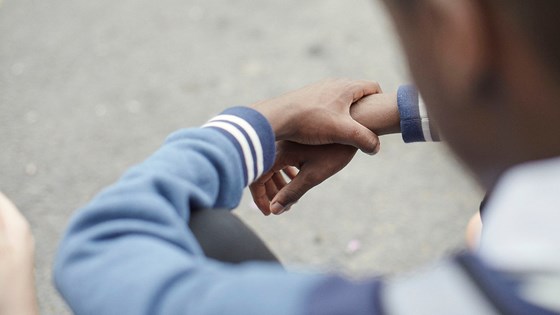How do I tell someone I self-harm?
Lots of young people have said that telling someone about their self-harm was one of the best ways of coping. Talking is important because it means you don’t have to deal with everything on your own. But it’s not always easy. It’s often really hard to know why you’re self-harming. Explaining it to someone else can feel even harder. So how can you tell someone about it?
Is there someone in your life you feel comfortable with? If you feel you can trust them, you could open up to them. It could be a friend, a teacher, an adult you trust, a nurse or a Childline counsellor.
Think about what you want from a conversation. Write down what you want to say before you talk to the person. This can help make sure you don’t forget.
Do you just want someone else to know how you’re feeling? Or are you hoping they'll give you some practical support and ideas to get better? It’s okay to tell them what you’re hoping to get from the conversation.
If you’re still not sure how to talk to someone about self-harm, you can prepare with a Childline counsellor.






